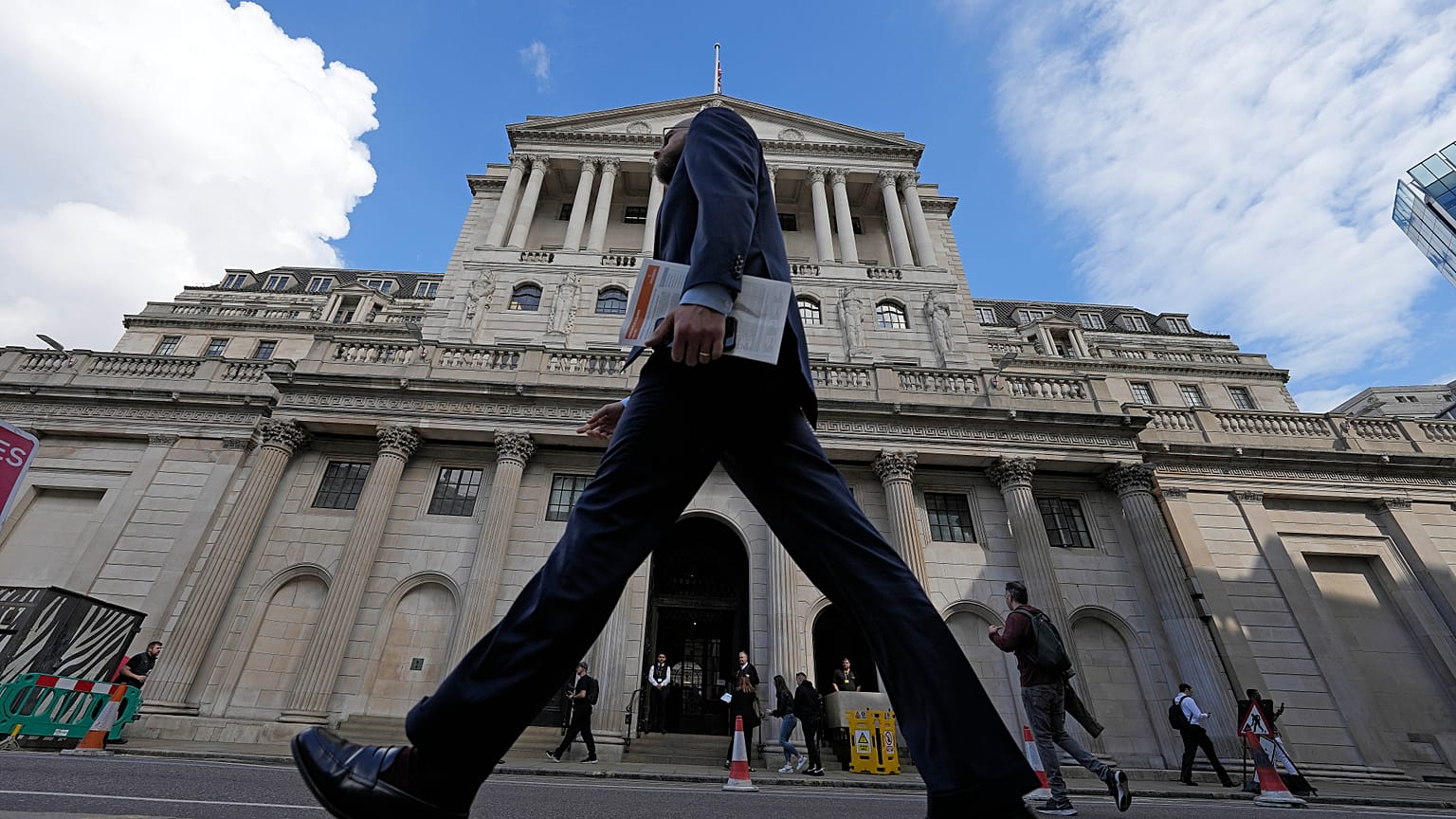The UK’s GDP grew slightly in August, driven by the services sector.
The UK’s economy is back on its feet, growing in August after a sharp drop in July, but the bigger picture suggests sluggish growth for the rest of the year.
British GDP grew by 0.2% month-over-month in August 2023, following a revised 0.6% contraction in July, according to data from the Office for National Statistics.
Services output grew by 0.4% but the production, manufacturing and construction sectors all shrank by 0.7%, 0.8% and 0.5% respectively, casting a gloomy outlook for the coming months.
In the three months leading to August 2023, the economy expanded by 0.3%, with growth in all sectors.
In a yearly comparison, UK GDP increased to 0.5% in August, following 0.3% in the previous month.
The slow recovery shows that the British economy is still struggling from last year's surge in inflation, in addition to high interest rates due to the 14 back-to-back interest rate hikes by the Bank of England.
What’s on the horizon according to the latest IMF forecast?
The International Monetary Fund (IMF) has updated its economic predictions for the UK, suggesting a slower than expected GDP expansion for this and next year.
The IMF's recent forecast suggests the UK's GDP will achieve a 0.5% growth in 2023, which is a slight increase from their July predictions.
Nonetheless, expectations for 2024 have been lowered by 0.4%, setting growth at 0.6%.
The latest forecast also attributes the slow growth to the UK’s strict monetary policy, in which high key interest rates have been imposed to control persistent inflation.
Additionally, the UK economy is facing difficulties due to the ongoing effects of high energy price-driven trade shocks, according to the latest IMF report.


















